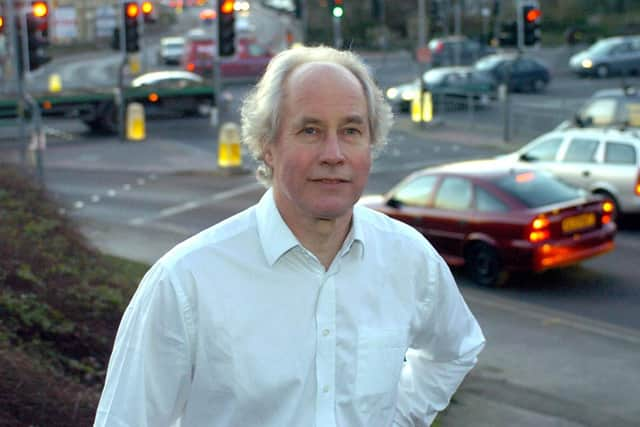Online advertising ‘makes young people unhappy and dissatisfied’, claims Leeds councillor
and live on Freeview channel 276
It was suggested by Coun John Illingworth that “advertising and clickbait” was designed to make people “unhappy and dissatisfied” and called on the council to do more to challenge online media companies who carried the adverts.
The comments came during a discussion of Leeds City Council’s children’s scrutiny board on plans to help children and young people suffering from mental health problems.
Advertisement
Hide AdAdvertisement
Hide AdCoun Illingworth said: “This started me thinking about how the media are unhelpful in this regard. The advertising and clickbait is designed to make people unhappy and dissatisfied with their lot.


“It is quite effective – I’ve seen it work on people I know. They are pushed into mental health problems simply because of peer pressure and social pressure. Social media is very effective. It worries me how much pressure there is on vulnerable individuals to push them over the edge.
“I think we should be speaking to media content providers to ask for an audit about the effects on young people because sometimes it can be the start of a slippery slide that can lead to trouble.”
Commissioner for Children and Maternity Services at NHS Leeds CCG Jane Mischenko
Advertisement
Hide AdAdvertisement
Hide Adsaid: “Social media is very complex, and I think that when you talk to young people, you get a balanced view of both the strength of what digital technology provides for them as a resource, but also as a risk.
“It is often a risk to those who are already vulnerable, and there is no simple response apart from educating.
“It’s difficult. It’s about how we educate parents and children in risks and benefits.
“Parents and adults often feel a little bit uncertain around social media. They are not so familiar.”
Advertisement
Hide AdAdvertisement
Hide AdCoun Illingworth: “I was wondering whether we should have a more direct response with providers. It is their responsibility – we should say ‘have you considered the effect of this advertising on young people who do not have much money and not much self confidence. Do you really want them to spend £250 on a dress?’.”
Committee chair Coun Alan Lamb (Con) added: “It would be quite a significant coincidence that there has been a significant rise in social, emotional and mental health problems that probably corresponds to the increase in social media technology. Is there anything that shows a direct link between the two?”
He was told that work was going on to equip people working with young people to be able to deal with issues around online and mental health.
Members had been discussing the council’s “Future in Mind: Leeds Strategy and Local Transformation Plan (2015-2020)”, which claimed to “improve the social emotional, mental health and wellbeing of children and young people aged 0-25.”